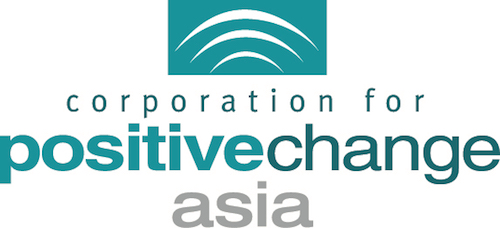About YEUNG Hoi Lai

YEUNG Hoi Lai
Associate,
Hong Kong Center for Positive Change
Hoi Lai has studied and worked in London, Mainland China and Hong Kong with 15 years of joyful experience in the training and consulting field. Her can-do attitude enables her to fully understand clients’ needs and practically deliver aligned workshops and coaching sessions.
When conducting training workshops, Hoi Lai is keen to use action learning to raise participants’ awareness in collaborating as a team and developing effective leadership skills. She also truly believes in the methodology of Appreciative Inquiry (AI) to work on employees’ strengths through a structured series of steps for boosting staff engagement and creativity.
Area of focus
Hoi Lai is experienced in delivering workshops in presentation skills, influencing skills, negotiation skills, business English and career management. Hoi Lai has successfully worked with clients including Cisco, Ciena, Hamburg Sud, The Treasury, MTR, City University of Hong Kong, JP Morgan, RBS, McGraw Hill, AIG, ING, Accenture and Hasbro.
Style
Hoi Lai is highly adaptable to changing situations and is always ready to take the extra mile in her profession. In order to guarantee clients’ advancement, she emphasizes engaging her participants to get the chance to reflect and question their fellow members through a series of processes (AI). As a result, her facilitation style is involving every individual and the training room is full of energy.
Education and Training
Possessing a master’s degree in Management of Language Learning, a bachelor’s degree in Teaching English as a Second Language (TESL) and a postgraduate diploma in Professional Accountancy, Hoi Lai’s training style is a combination of her professional qualifications and dynamic personality. In order to enhance her performance in coaching and training, she has recently become a DISC certified Human Behaviour consultant and will become a Certified Action Learning Coach.
